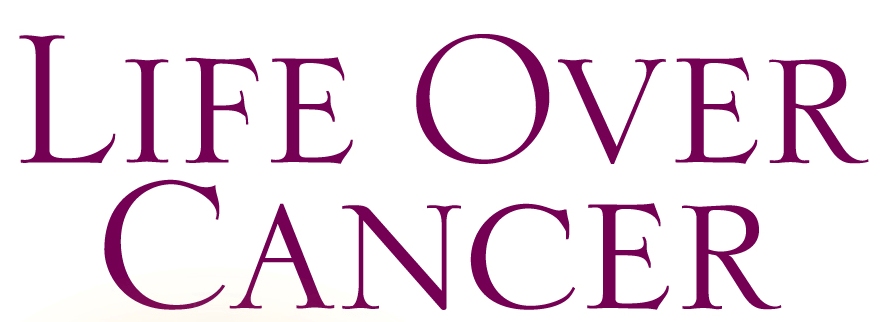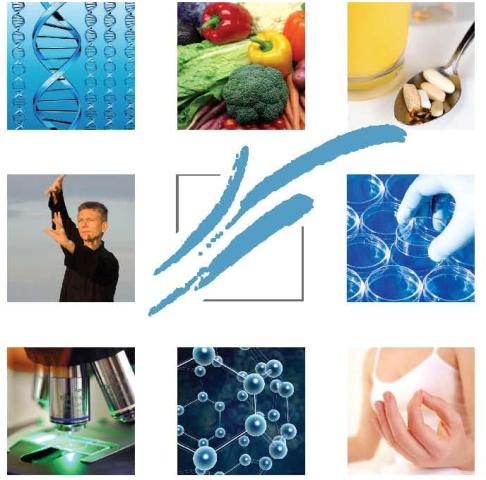Answer: Though much has been written in the mainstream media about potential concerns associated with the use of antioxidants during chemotherapy, these concerns have been limited to the use of antioxidant supplements, and not relevant to antioxidant-rich food. And though the principal message has been that cancer patients should avoid supplementing with antioxidants while undergoing treatment, at the Block Center we believe that the cautious and judicious use of antioxidants can be helpful during chemotherapy; in fact, existing research shows no evidence of interference or decreased efficacy, and shows a clear reduction in side effects.
Diet and cancer:
Diet affects cancer both directly and indirectly. Nutrients directly impact the mechanisms by which cancer cells grow and spread. They indirectly help control the cancer by changing the surrounding biochemical conditions that either encourage or discourage the progression of malignant disease.
Here are some examples of findings from recent studies that support the importance of diet in fighting cancer:
-
Diets high in fat and refined carbohydrates make you more likely to become overweight, which in turn increases your risk of tumor recurrences. Additionally, obese men are at significantly greater risk of developing more aggressive prostate cancer.
-
Dietary fats can impair the body’s anti-cancer defenses by depressing the activity of natural killer (NK) cells, while a low-fat diet markedly increases NK activity. Natural killer cells play a key role in preventing metastasis.
-
Obese breast cancer patients are two to four times more likely to experience a recurrence than women of normal weight.
-
For every additional 10 percentage points of calories derived from fat in the diet of newly diagnosed breast cancer patients—by going from 25 percent to 35 percent of calories from fat—the risk of recurrence approximately doubles. An increase of 10 percentage points is alarmingly easy: just add 4 ounces of beef, 4 ounces of mozzarella cheese (about the size of three 9- volt batteries), a cup of ice cream, or four pats of butter to your daily intake and you’re there.
-
High intake of many dietary fats is linked with higher rates of cancer recurrence, lower rates of survival, or both.
Our dietary recommendations:
At the Block Center, our nutritional strategy is intended to: help curtail inflammation, reduce free-radical damage, minimize platelet activation (which can lead to dangerous blood clotting), manage blood sugar surges, and reduce serum levels of insulin-like growth factor 1, or IGF-1 (which stimulates cell multiplication and inhibits cell death).
We recommend a diet low in saturated fats and high in fiber, plant-based sources of protein, cold water fish rich in omega-3 fatty acids, complex carbohydrates, fruits and berries rich in antioxidants, and nuts, seeds and cruciferous vegetables, which contain substances such as allium compounds, dithiolthiones, flavonoids, glucosinolates, indoles, isothiocyanates, phenols, and d-limonene. These are phytochemicals (phyto means plant) that may play a role in reducing the risk of developing cancer.
Additionally, we suggest eliminating unnatural fats, called trans fat, found abundantly in margarine, hydrogenated oils, as well as many baked goods and convenience foods; reduce or eliminate simple carbohydrates such as sugar, honey, high fructose corn syrup, concentrated sweeteners, sugary beverages, cookies, cakes, pastries, white bread, crackers and white-flour baked goods. These are high-glycemic foods that cause a sudden rise in blood sugar and ultimately increase inflammation; many cancers are promoted by a pro-inflammatory environment.
 Keith I. Block, M.D.
Keith I. Block, M.D.
 read our blog
read our blog

 Keith I. Block, M.D.
Keith I. Block, M.D.
 read our blog
read our blog

